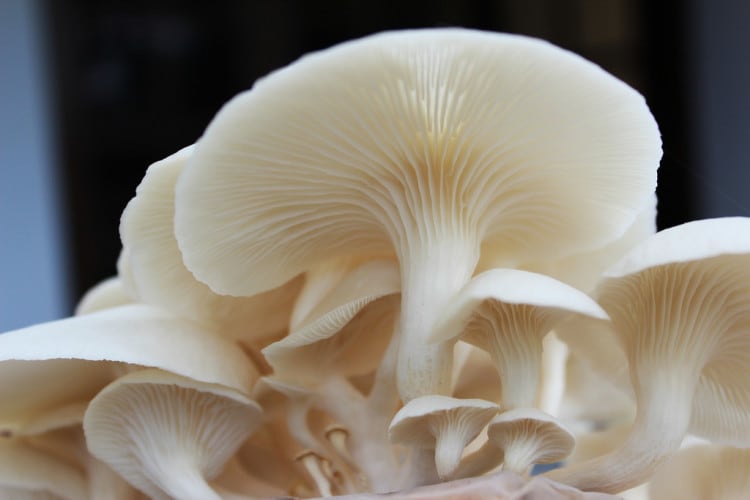Contents:
- Medical Video: How Teeth Grow
- Getting to know the condition of the baby born has grown teeth
- What causes birth babies to have teething?
- Are babies with this condition not normal?
Medical Video: How Teeth Grow
In general, babies will experience tooth growth at the age of 4 to 10 months. The first tooth that will appear is the central incisor, which is the tooth on the lower front. However, in some cases there is a baby born already teething, around one tooth or more. This condition is rare, there is only one case of every 2,000 births.
Are babies who already have teeth normal or not? Consider the following review.
Getting to know the condition of the baby born has grown teeth
If you see a baby who already has teeth at birth, it is quite surprising. The baby's first tooth has begun to develop in the womb six weeks old. However, this requires a long process and will only appear on the gum surface a few months after the baby is born. This condition is called congenital teeth.
Reported from The Bump, Erik Scheifele, DMD, a head of the oral health division at the National Health System said that cases of congenital teeth are very rare and will date some time after birth. This birth tooth is actually an additional tooth known as supernumerary teeth, which will develop alongside ordinary teeth.
Birth teeth that are often seen are the lower front teeth. Rarely do babies with this condition have upper front teeth, molars, upper canines, or lower canines. Aside from growing when the baby is born, the tooth does look like a normal tooth. However, the size will be smaller, yellowish, and usually grow in pairs.
In addition to birth teeth, there is also something known as neonatal teeth. The two dental conditions in this baby are different. Birth teeth will be seen when the baby is born. While the neonatal teeth will grow within 30 days after the baby is born. Neonatal tooth growth is indeed faster than normal teeth, but not as fast as the birth teeth. However, neonatal dental conditions are less common than birth teeth.
What causes birth babies to have teething?

Hyewon Lee DMD, MPH, a pediatric dentist at the DentaQuest Institute in Westborough, concluded that there are two things that cause babies to be born to have teething. First, due to germinal cells that have disrupted teeth causing teeth to form close to the gum surface so that the teeth become visible.
Then, other causes are related to genetics. For example, if there is a family that has a slow growth of teeth it is likely to have the same conditions, including those with birth teeth.
However, the condition of birth teeth can also be attributed to certain medical conditions. Especially for infants who already have molars at birth, namely Pfieffer's syndrome (genetic disorders) and Langerhans cell histiocytosis (white blood cell disorders). Other rare medical conditions that can cause birth defects include:
- Harelip
- Ellis-van Creveld syndrome
- Jadassohn-Lewandowsky syndrome
- Hallerman-Streiff syndrome
- Sotos syndrome
- Wiedemann-Reutenstrauch syndrome
- Pierre-robin's disease
- Disorders of the endocrine system
Are babies with this condition not normal?

Yes, in this case this case does not usually occur. However, you don't need to panic. Depending on the condition of the baby's teeth and the problems that arise, the doctor will determine whether the baby needs further treatment or supervision. Teeth that have grown when a baby is born can be dated and also not. However, it is likely to cause some disorders in the baby and mother, such as:
- Babies will find it difficult to breastfeed because the teeth interfere with the baby's mouth to stick to the nipple. This condition also often causes pain. If it continues to occur, babies can experience a lack of food intake and can have a negative impact on their development.
- The presence of baby teeth can cause injury to the mother's nipples.
- Friction between the teeth and the bottom of the tongue can cause sores or ulcers on the tongue.
- The baby chokes when breastfeeding when the tooth is completely or partially dislodged and ingested.
If the disorder can threaten the health of the baby, then the only way to get rid of these teeth is by surgery. Babies must wait at least 10 days to develop bacteria in the intestine that produce vitamin K which is responsible for freezing blood.
This will speed up the recovery process and prevent the baby from losing more blood during surgery. Babies will get local anesthesia and additional sedatives, so as not to cause pain and the baby remains calm so as not to interfere with the operation process.













